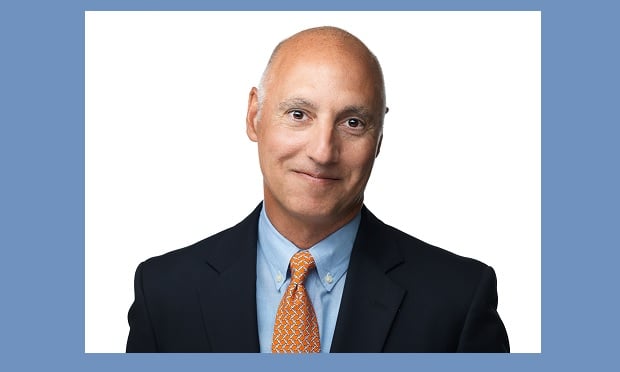The fate of Florida's fragile property insurance market may depend heavily on what happens in the next round of elections in the Sunshine State.
This year the state will have the most wide open election in its history, with voters choosing not only a new governor but an entirely new Cabinet. The winners will control the regulation of property insurance in Florida and be responsible for deciding whether to keep or to replace current Insurance Commissioner Kevin McCarty.
Just as importantly, the next governor will have to decide whether or not to keep the policies that were put in place under Gov. Charlie Crist. Throughout his term, Crist has been openly combative with the insurance industry. For the past two years he has vetoed measures that insurers said would have helped them remain viable and may have attracted new business to the state.
Recommended For You
Want to continue reading?
Become a Free PropertyCasualty360 Digital Reader
Your access to unlimited PropertyCasualty360 content isn’t changing.
Once you are an ALM digital member, you’ll receive:
- Breaking insurance news and analysis, on-site and via our newsletters and custom alerts
- Weekly Insurance Speak podcast featuring exclusive interviews with industry leaders
- Educational webcasts, white papers, and ebooks from industry thought leaders
- Critical converage of the employee benefits and financial advisory markets on our other ALM sites, BenefitsPRO and ThinkAdvisor
Already have an account? Sign In Now
© Touchpoint Markets, All Rights Reserved. Request academic re-use from www.copyright.com. All other uses, submit a request to [email protected]. For more inforrmation visit Asset & Logo Licensing.







